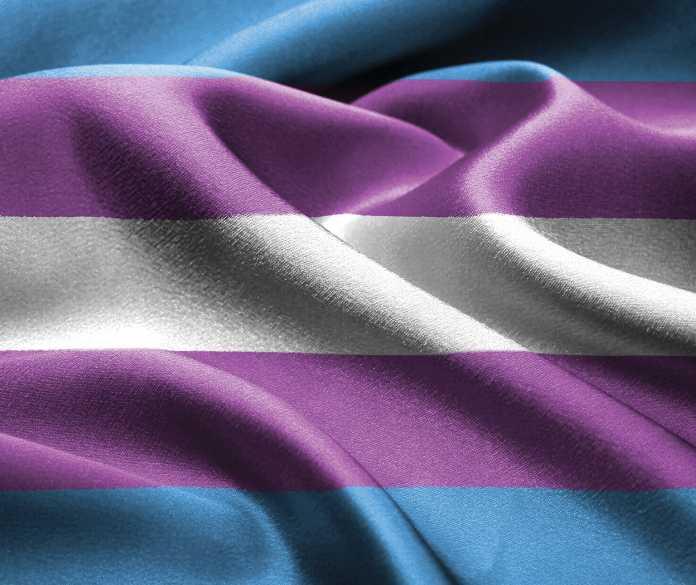
Florida House Passes Bill to Ban Transgender Athletes
The Florida House has passed a bill to ban transgender female athletes from participating in girls’ school sports.
House Bill 1475, more commonly referred to as the “Fairness in Women’s Sports Act,” passed on April 14 by a vote of 77-40. Only two representatives, both Republicans, sat out on voting.
According to rules adopted by the FHSAA, transgender students have been competing on their respective teams in the state since 2013.
The bill requires female student-athletes to play on the team of their sex that was assigned at birth, “prohibiting athletic teams or sports designated for female students to be open to male students.”
Should a student’s sex be questioned, they would be examined by a health care provider who would then determine their sex based off of biological anatomy and makeup.
The bill states that a health care provider’s verification of a student’s biological sex would be determined as part of a routine sports physical examination.
A student’s reproductive anatomy, genetic makeup and normal endogenously produced testosterone levels would be verified during the examination.
Some representatives are in support of the bill to ensure all competition in the realm of school sports is fair.
“This is about giving women and girls an equal chance to succeed,” said Rep. Jenna Persons-Mulicka in a statement. “It’s simple, it’s clear, I’ve reviewed it.”
Those in opposition to the bill see it as an anti-trans piece of legislation.
“Children are children,” said Rep. Michele Rayner-Goolsby in a statement. “Transgender, cisgender. They deserve to be loved, supported and honored for who they are. This bill is codifying into law the ability for academic settings and schools to be able to bully and to harm our most vulnerable children.”
Two days before the bill passed on April 12, the NCAA Board of Governors released a statement in which the organization expressed support for transgender student-athletes to compete in all sports.
The statement included that “inclusion and fairness can coexist for all student-athletes, including transgender athletes, at all levels of sport.”
The statement continued on, expressing that “when determining where championships are held, NCAA policy directs that only locations where hosts can commit to providing an environment that is safe, healthy and free of discrimination should be selected.”
This could mean that the NCAA chooses to no longer hold competitions and championships in the state of Florida, similar to Major League Baseball’s decision to pull the All-Star Game out of Atlanta due to Georgia’s new voting bill.
A few notable spots that could be affected are the Orange Bowl at Hard Rock Stadium in Miami, and the Outback Bowl at Raymond James Stadium in Tampa.
Both stadiums have hosted NCAA football national championships in recent years.
Written by: Reagan Cofield





